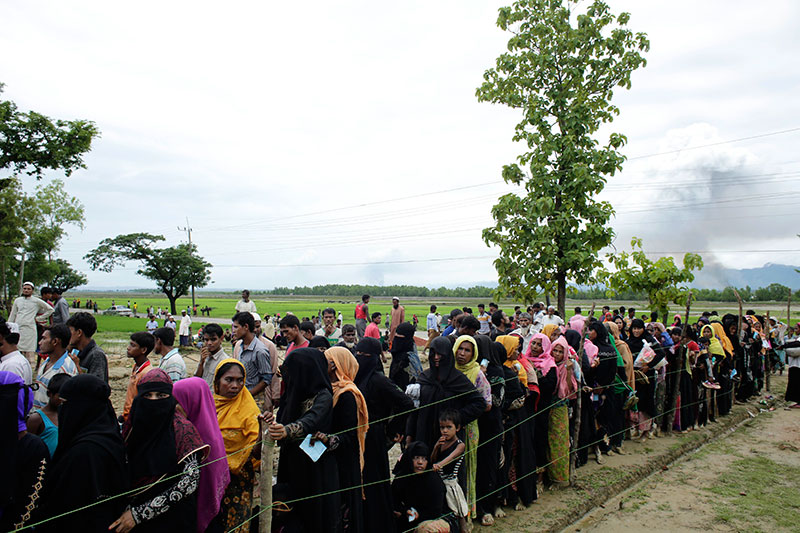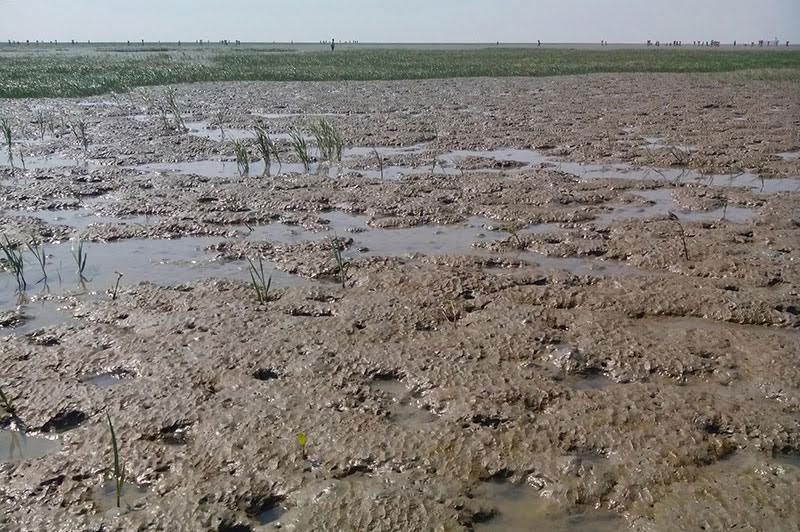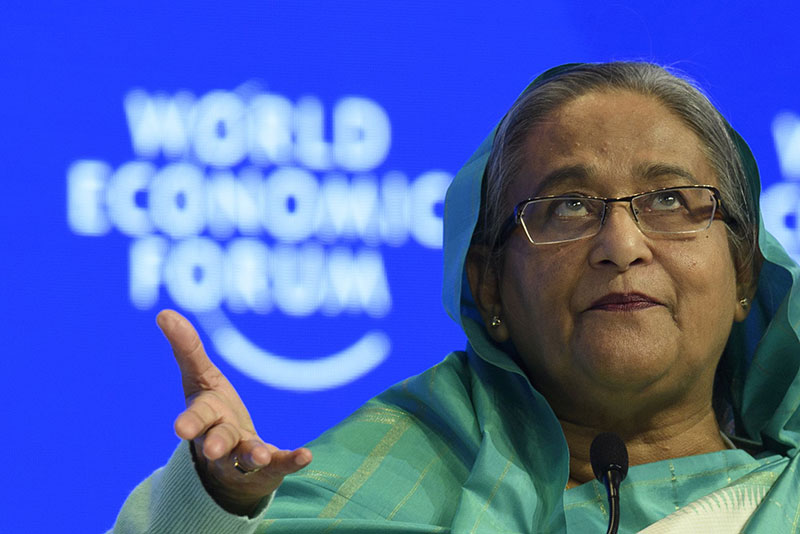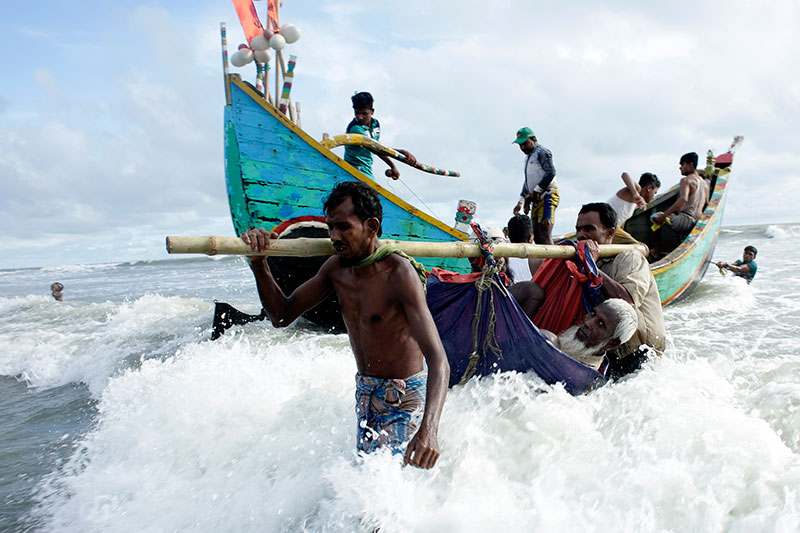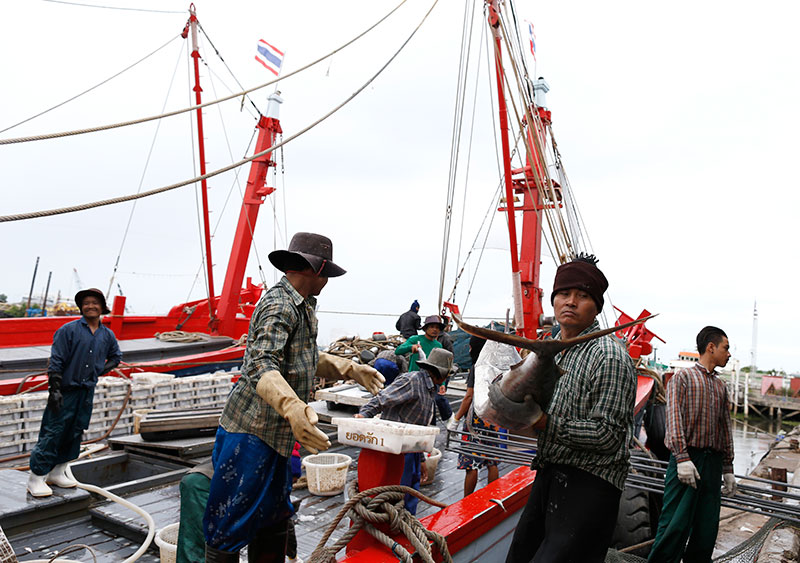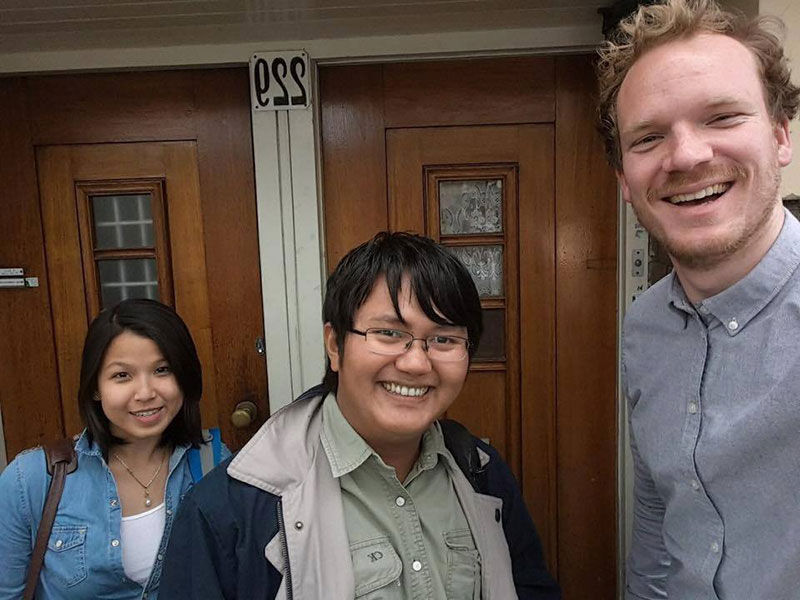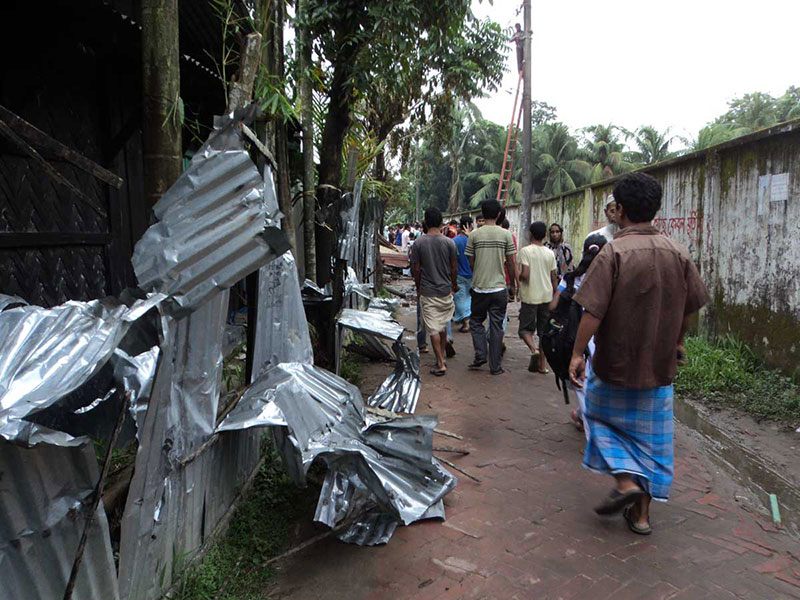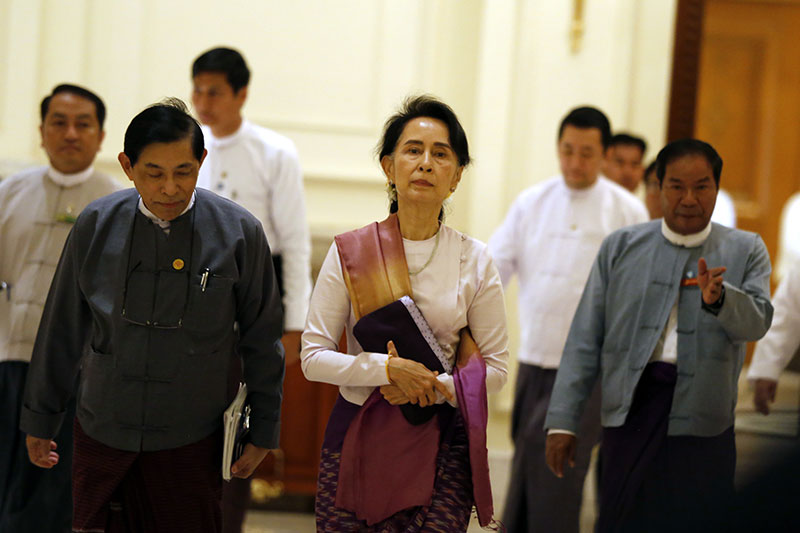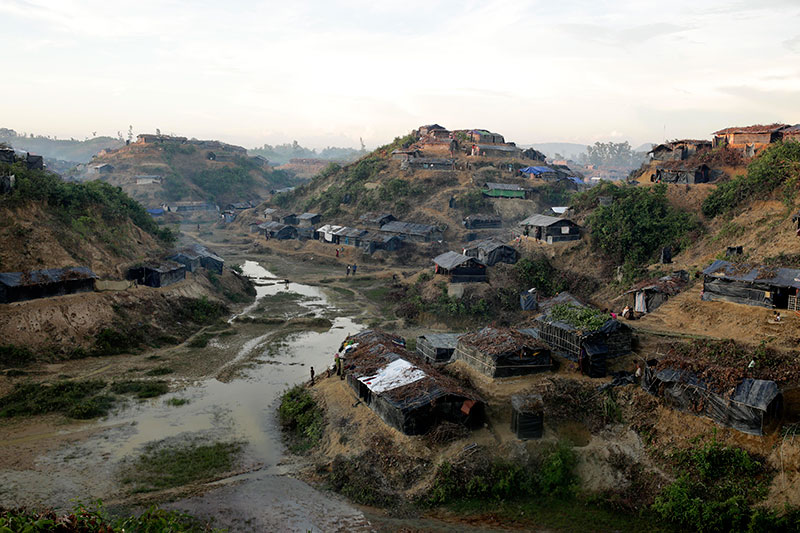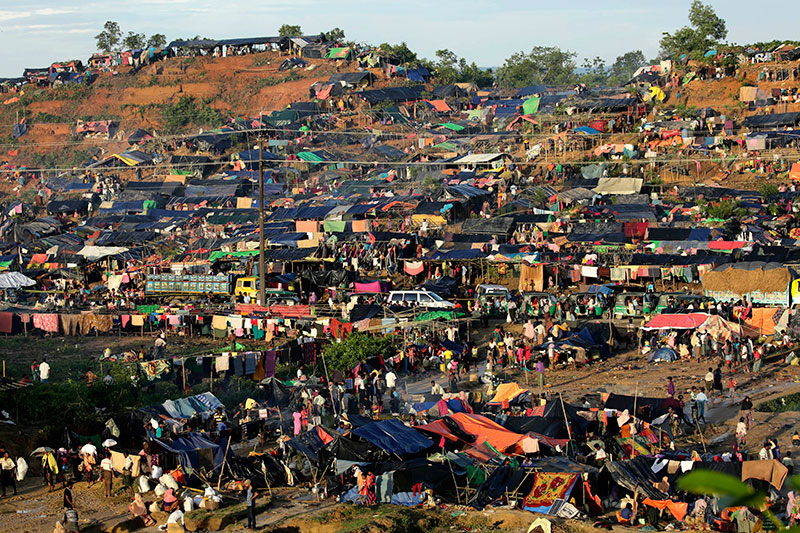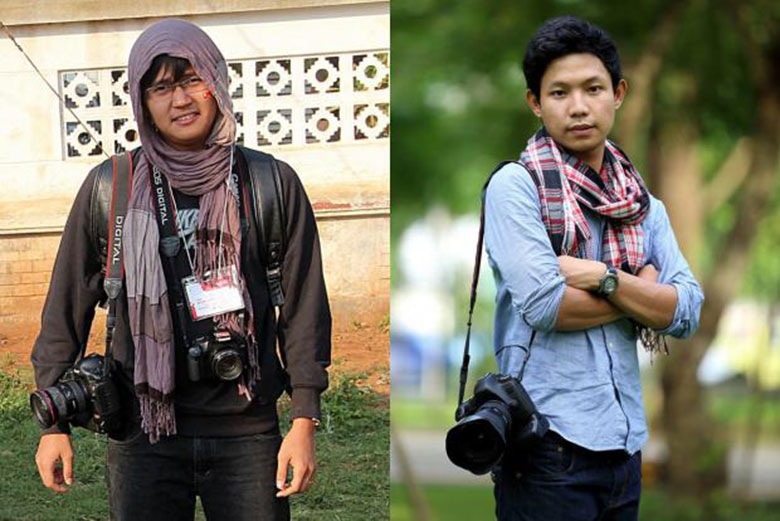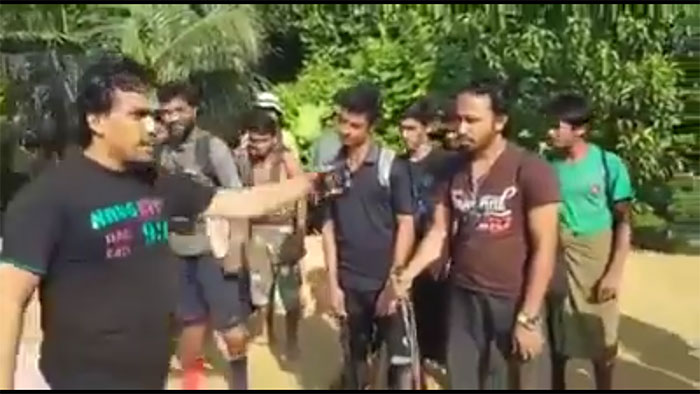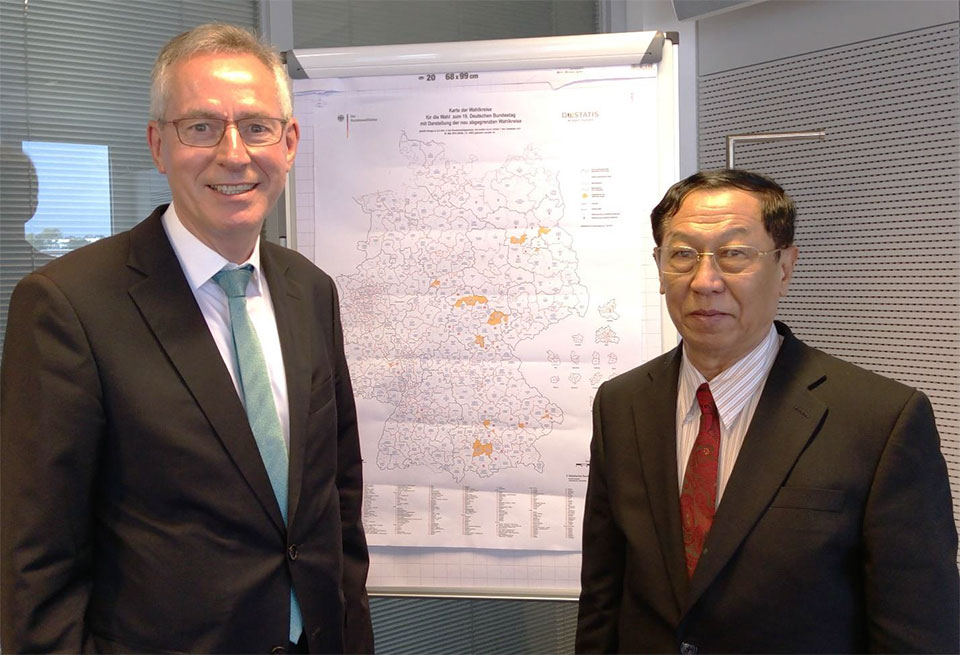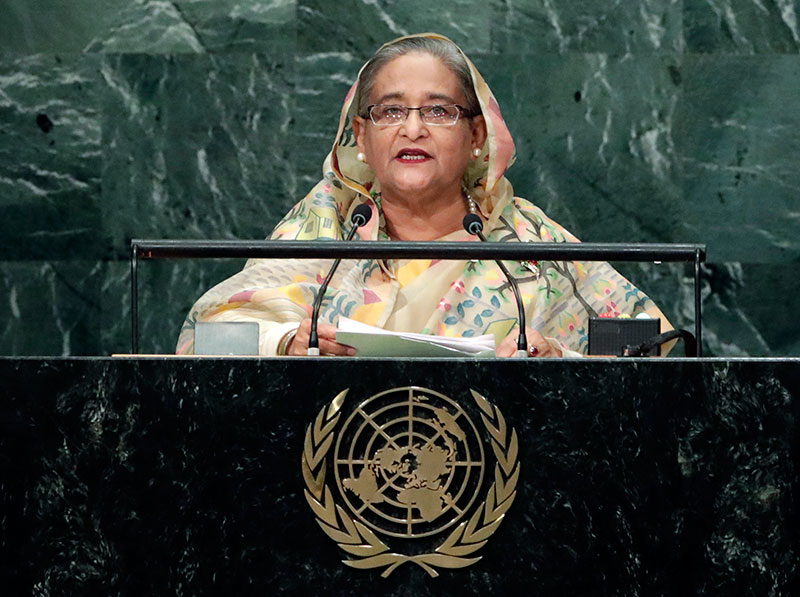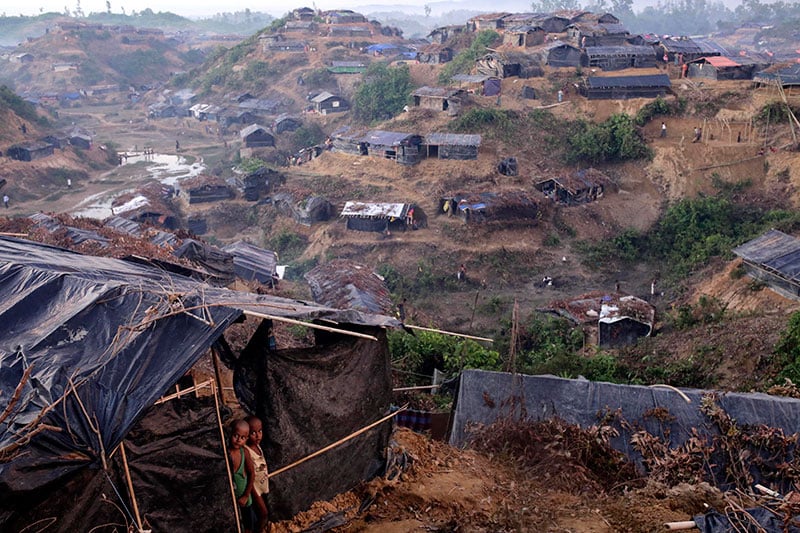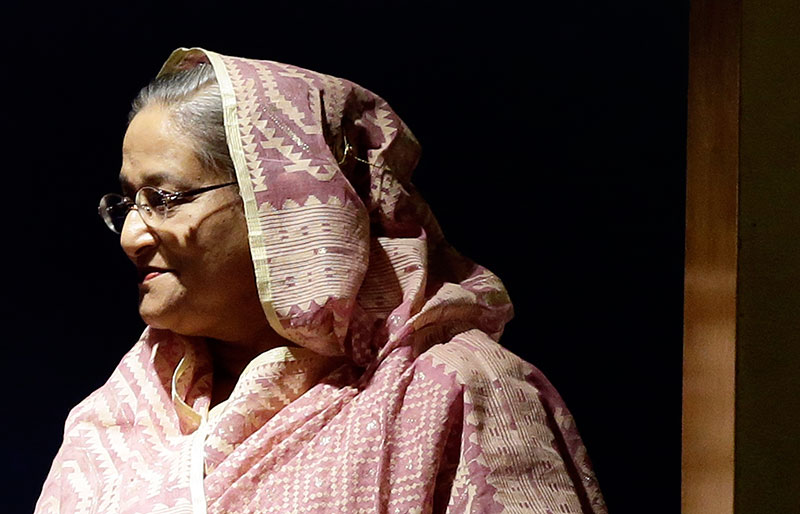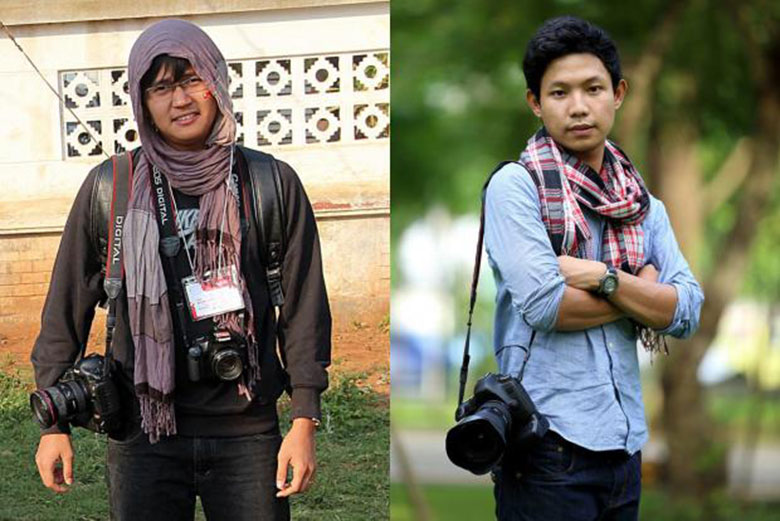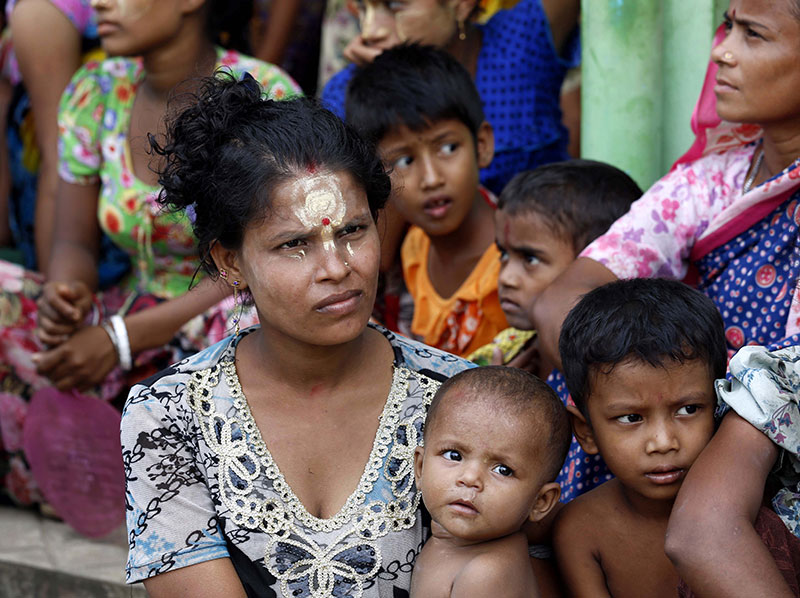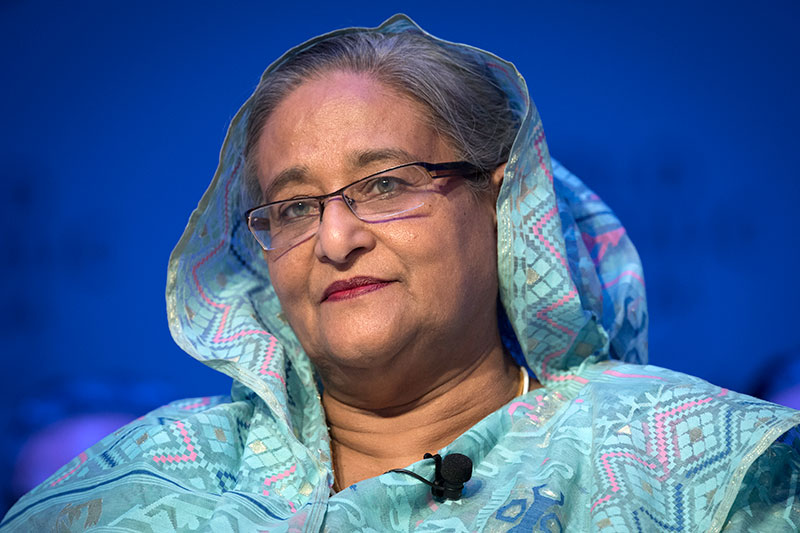Category:
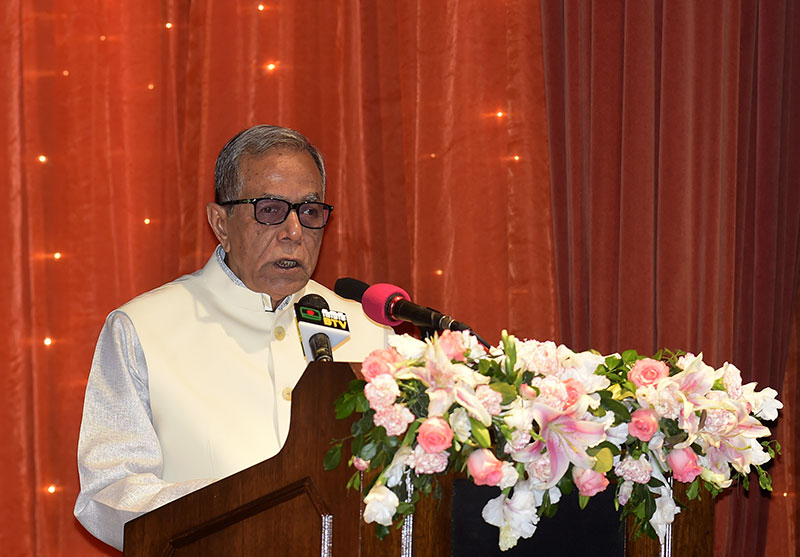
Bangladesh President Md Abdul Hamid. Photo: AFP
Bangladesh President Md Abdul Hamid has called on the international community to form a UN-backed ‘safe zone’ near the border to protect the Rohingya minority fleeing the military crackdown in Myanmar’s Rakhine state.
The president made the appeal amid bilateral talks with Turkish President Recep Tayyip Erdogan during a break of the first OIC summit on science and technology in Kazakhstan’s Astana on Sunday.
President Hamid called on the Organisation of Islamic Cooperation and other organisations to help form a United Nations-backed temporary safe zone, the president’s Press Secretary Joynal Abedin told bdnews24.com.
According to a Reuters report, Bangladesh has presented the idea of the ‘safe zone’ to the Myanmar government through the International Committee of the Red Cross or ICRC.
Nearly 300,000 Rohingyas have fled across the border to Bangladesh, President Hamid said during the bilateral talks. More are coming, he said.
Bangladesh is currently providing refuge to them on humanitarian grounds, he said.
But the president also added that it was very difficult for a ‘highly populated’ country such as Bangladesh to take on the burden of so many refugees.
According to the press secretary, the president said that Bangladesh is currently searching for a location to shelter the Rohingyas.
“The president’s remarks to international organisations are aimed at putting pressure on the Myanmar government so as to ensure that Rohingyas can live in safety, security and dignity in Myanmar,” Abedin said.
Hamid thanked Erdogan for his phone call to discuss the Rohingya crisis. He also thanked Turkey’s first lady and foreign minister for their trip to Bangladesh to witness the sufferings of the Rohingyas.
Hamid also thanked President Erdogan for arranging a special session at the OIC meeting to discuss the Rohingya crisis.
The president expressed his hope that the OIC member countries would come forward to help solve the Rohingya crisis and pressure Myanmar put into practice the measures recommended by the Kofi Annan Commission.
President Erdogan expressed his gratitude to the Bangladesh government for their support in arranging his wife’s visit.
The people of Turkey will always stand with the Rohingya minority, he said.
The Turkish president said 1,000 tonnes of food aid has been sent for the Rohingya refugees and promised that another 10,000 tonnes would be sent soon.
Erdogan also vowed that international organisations would coordinate to provide more aid to the Rohingyas through Bangladesh.
http://bdnews24.com/bangladesh/2017/09/10/president-hamid-discusses-rohi...
